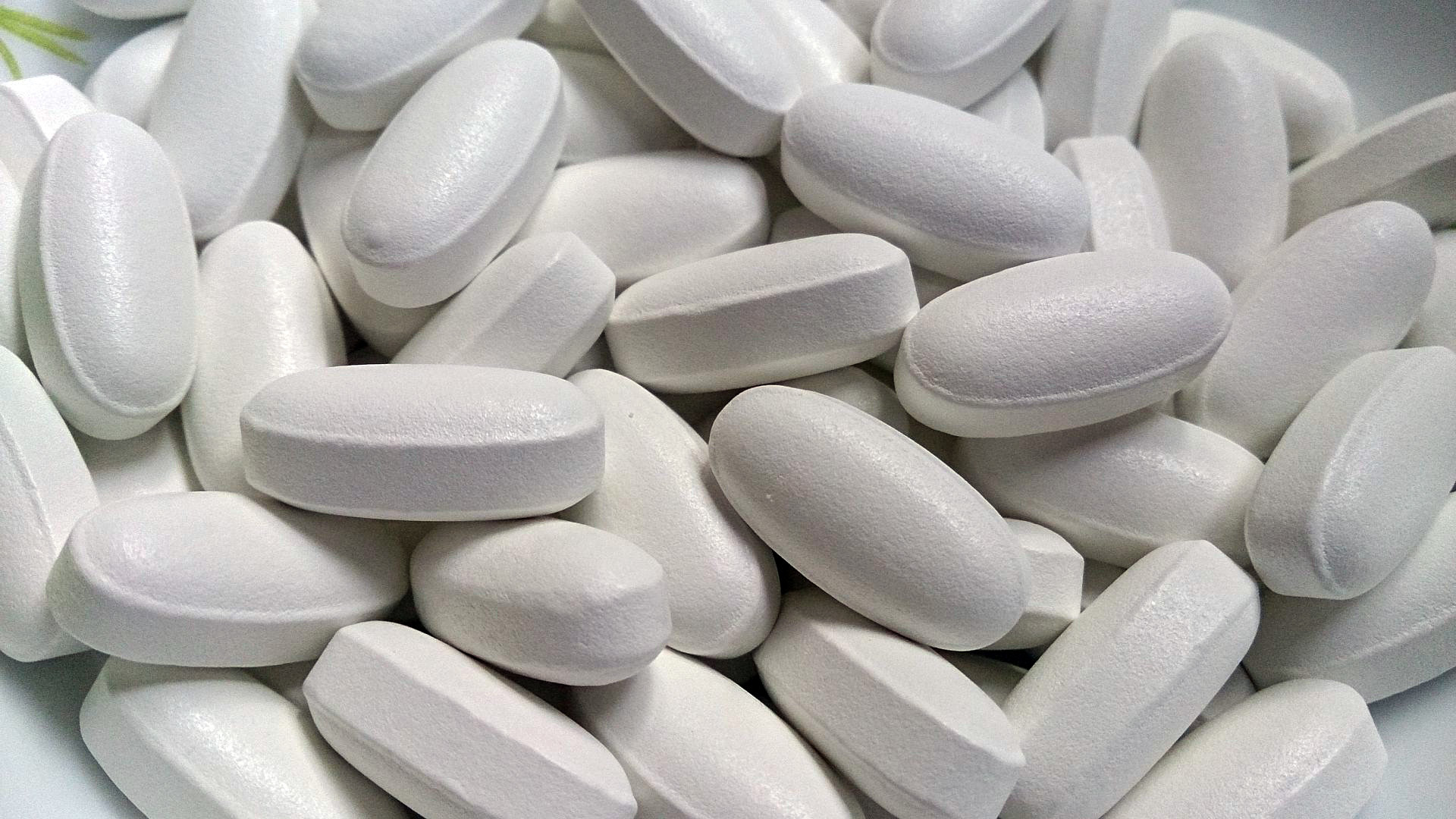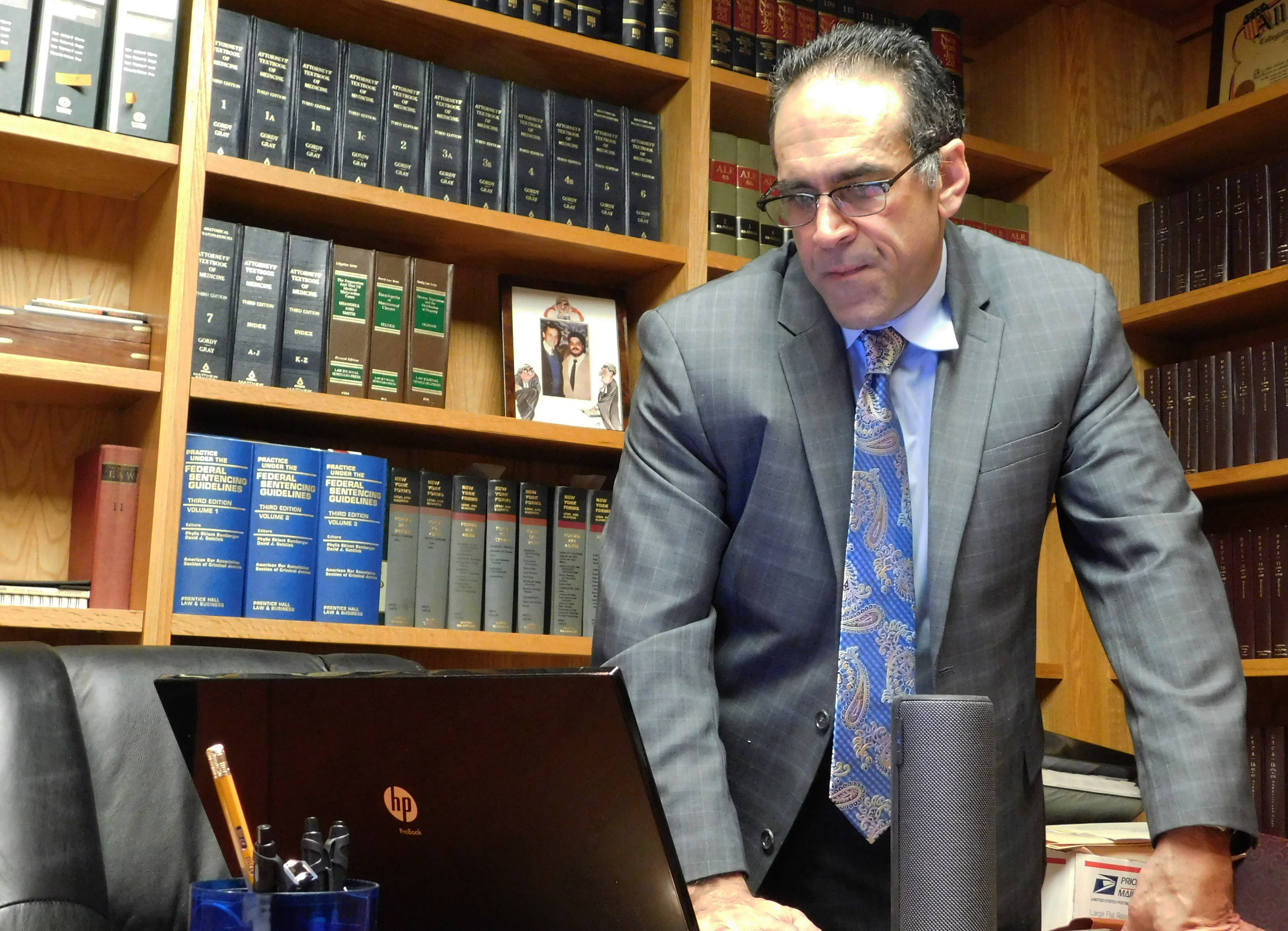Nassau County sues pain med manufacturers, Merrick doctor
Suit looks to recoup costs of battling drug epidemic
Nassau County on Monday began a legal fight against Purdue Pharma and other manufacturers of opioid pain medications, alleging a case of “corporate greed” and deceptive marketing that led to a drug epidemic the county has shelled out millions of dollars to fight.
“In recent years, Nassau has been forced to expend exorbitant amounts of money … due to what is commonly referred to as the ‘opioid epidemic’ and as a direct result of the actions of defendants,” read the complaint filed in State Supreme Court in Mineola.
The county also named Dr. Michael Belfiore, who practices in Merrick, as a defendant. Belfiore is currently facing federal criminal charges of improperly prescribing opioids for profit, and is also going after pharmaceutical companies as part of his defense.
Melville law firm Napoli Shkolnik, which has had a number of successes in cases against drug companies, including one against a diet pill manufacturer and a successfully negotiated multi-million dollar settlement for thousands who claimed to be injured by a blood clot medication, will handle the case for Nassau.
The firm will be paid on a contingency basis, meaning they will receive a percentage of any settlement or judgment, should the county be successful.
“The manufacturers of these opioids pretty much did a sophisticated, highly deceptive and unfair marketing campaign that continues today,” said Salvatore Badala, of Napoli Shkolnik, in May. “They made people believe that you can take opioids pretty much for any kind of pain, and they should not have been marketed that way. That’s what led to this addiction problem.”
According to Nassau’s complaint, Purdue and other companies’ marketing efforts downplaying the risk of addiction in opioid medications were deceptive — and successful.
“[Their] efforts were wildly successful,” read the complaint. “The U.S. is now awash in opioids. In 2012, health care providers wrote 259 million prescriptions for opioid painkillers — enough to medicate every adult in America around the clock for a month.”
Nassau has struggled to keep up with the drug crisis and spent millions on family and children’s services, law enforcement, treatment and emergency care in response to it, according to the suit.
Suffolk County filed its own suit against the same actors earlier this year, accusing 11 companies, including Purdue and four doctors, of launching a “coordinated, sophisticated and highly deceptive marketing campaign” to convince doctors and patients that the reward of using opioids outweighed the addictive medications’ risks.
As Dr. Belfiore’s federal criminal case has inched along, he filed a motion to intervene in the Suffolk case, according to his attorney in hopes that a favorable settlement there will provide a partial criminal defense for him.
In court papers, Belfiore claims that he was taken in, much like Suffolk and Nassau, by years of deceptive marketing by opioid manufacturers and lax government regulation, and should not be held responsible for the prescriptions he wrote.
Attorneys for Suffolk County and Purdue Pharma have filed papers opposing Belfiore’s motion, stating that he has no material claim in the action, and that his involvement would further complicate the matter.
Badala, of Napoli Skolnik said on Monday that he was aware of Belfiore’s actions in the Suffolk case, and that by naming him in the Nassau suit, the county is making it clear that “doctors are part of the problem as well.”
“He was pushing this stuff on his patients,” he said.
According to Nassau’s complaint, Belfiore, “for his own profit, greatly contributed to the widespread opioid epidemic of Nassau County and Long Island.”
Badala said that as the suit proceeds, the county would be producing marketing materials from Purdue and the other companies as evidence — much of it the same, or similar, to what Belfiore intends to produce in his defense in federal court.
Badala believes, however, that the county will demonstrate that Belfiore knew more “beyond what was in the materials he got from the pharmaceutical companies,” making him responsible for his actions.
Belfiore’s attorney, Tom Liotti, said on Tuesday that he believed Nassau had complicated their own case by “making allegations that can’t be proven” and naming Belfiore in the suit.
“They have made a big mistake,” he said. “They basically try to blame the doctors for some of the problems involving these overdoses, and I think they have misdirected their claim. This is specifically why in some other counties they haven’t done anything like that.”
Representatives from Purdue had not returned calls requesting comment by press time, but a statement on its website said that the company was “acutely aware” of the dangers created by opioid medications, “especially when they are abused or misused.”
“[We] are developing innovative technologies to create opioid medications in new forms that are more difficult to manipulate, and so are less gratifying to abusers,” the statement read. “Purdue is also working with policymakers and health experts throughout the country to reduce the risks involving opioids … In an effort to address the public health challenge of abuse, misuse and diversion, Purdue is committed to playing an important role in the development of these opioid formulations.”










